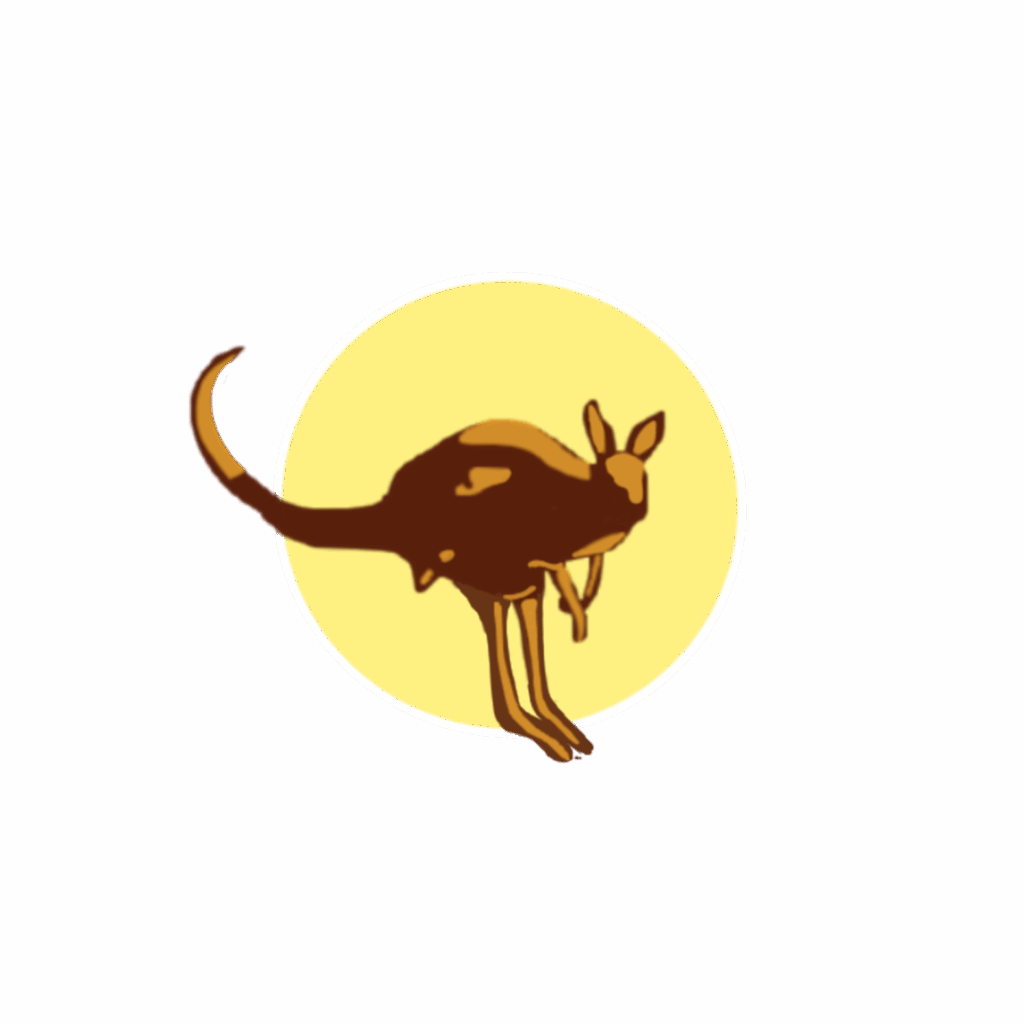ESP 11 Darwin, Australia
23-27 June 2025
From global to local ecosystem services: pathways to Nature-based Solutions inspired from Down Under
ESP is happy to announce the 11th conference of our partnership. The conference will take place in Darwin, Australia on 23-27 June 2025.
The conference program will include a variety of activities. Esteemed keynote speakers and panellists will reflect on the conference theme from different perspectives, and more than forty break-out sessions are scheduled to take place. Delegates can additionally register for a conference dinner and field trips.
Registration for the event is already open. Register before 15 June 2025!
About the conference
As we confront the critical challenges of climate change, pollution, biodiversity loss, land degradation and sustainability, Nature-based Solutions (NbS) offer a powerful approach to address these interconnected crises. The 11th ESP World Conference in Darwin will explore pathways to NbS, with a special focus on the insights that local and Indigenous peoples and their value systems can offer.
Australia, known for its vast and diverse ecosystems—from the Great Barrier Reef to its deserts and tropical forests—presents a rich tapestry of ecological knowledge and indigenous wisdom, but also of significant land changes in the last two centuries.
At this international conference, we will bridge global and local scales, learning from managing Australia’s and the wider Asia-Pacific ecosystems to inspire solutions worldwide, linking science with policy. How do we draw on local communities and Indigenous ecological knowledge and values to shape pathways that are sustainable, inclusive, and effective? What lessons from the Down Under land can we apply to other regions seeking to live in harmony with nature?
We invite the global ecosystem services community to join us in Darwin for this inspiring and motivating conversation. Submit your proposals for sessions and abstracts that explore the intersections of local and global ecosystems and their services, the role of policies and regulatory instruments, and chart pathways toward a future where we (as part of) and the rest of nature thrive together.
Key topics include:
- Local and Indigenous values and ecosystem services: Understanding the role of Indigenous and local community knowledge and value systems in shaping sustainable pathways.
- Pathways to Nature-based Solutions (NbS): Exploring successful models from local to global scales, and how they can be applied elsewhere and/or adapted.
- From research to practice: Connecting ecosystem services science with policymakers, practitioners, and diverse sectors to accelerate NbS implementation.
- Nature-positive Solutions for a global future: How local insights can contribute to global environmental goals, such as the SDGs and biodiversity targets.
The 11th ESP World Conference will feature keynote speeches, panel and interactive sessions, and workshops, allowing participants to explore these themes in-depth while fostering collaboration between researchers, practitioners, and policymakers. With a strong emphasis on solutions, this event will offer a unique platform for translating cutting-edge research into real-world impact.
To foster connections among participants, several side events will be organized, including a conference dinner and field trips. These activities will offer opportunities for attendees to engage with one another while also experiencing and learning from the beautiful and unique surroundings of Darwin.
Join us in Darwin to forge pathways to NbS that build on the wisdom of local ecosystems, leading us toward a sustainable, nature-positive future.


